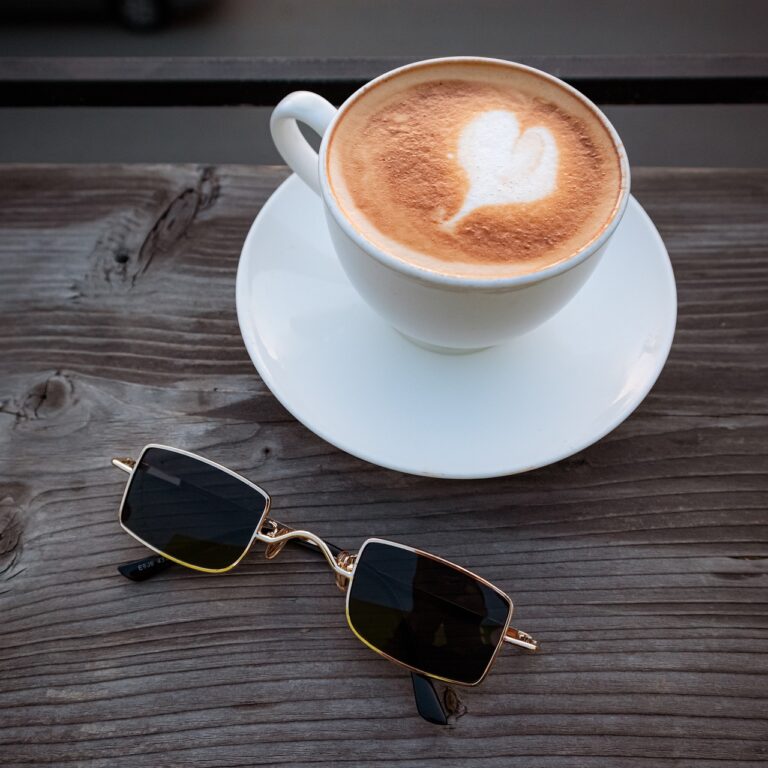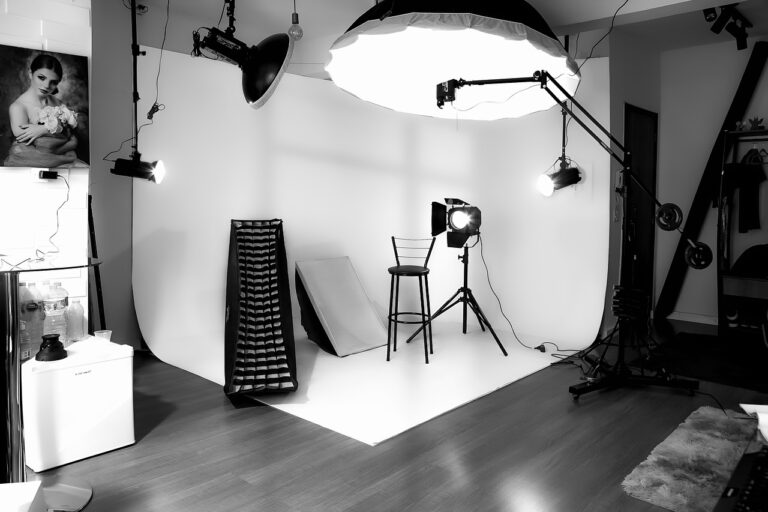Exploring the Evolution of Boutique Fashion Through History: Diamondexch9, Sky99exch com login, Reddy club
diamondexch9, sky99exch com login, reddy club: Exploring the Evolution of Boutique Fashion Through History
Fashion has always been a reflection of the times we live in. From the elaborate gowns of the Victorian era to the minimalist styles of the 21st century, the evolution of fashion has been a fascinating journey. One particular niche in the fashion industry that has seen significant growth and transformation over the years is boutique fashion.
Boutique fashion refers to small, independently owned stores that offer unique and curated selections of clothing and accessories. These stores often focus on quality, craftsmanship, and individuality, offering customers a more personalized shopping experience compared to traditional retail stores.
In this article, we will take a closer look at the evolution of boutique fashion through history, exploring how it has grown from a niche market to a thriving industry that continues to shape and influence mainstream fashion trends.
The Early Days of Boutique Fashion
The concept of boutique fashion can be traced back to the early 20th century when small, specialty shops began to emerge in major cities around the world. These boutiques offered customers a more intimate and exclusive shopping experience, catering to those who were looking for something different from the mass-produced clothing found in department stores.
One of the pioneers of boutique fashion was designer Coco Chanel, who opened her first boutique in Paris in 1910. Chanel’s boutique quickly gained a reputation for its sophisticated and elegant designs, attracting a loyal clientele of fashion-forward women who appreciated the attention to detail and quality craftsmanship of her garments.
Over the decades, boutique fashion continued to gain popularity, with designers and entrepreneurs opening stores in cities like New York, London, and Milan. These boutiques became known for their ability to spot emerging trends and showcase up-and-coming designers, offering customers a unique and curated selection of clothing and accessories.
The Rise of Vintage and Retro Fashion
In the 1960s and 1970s, boutique fashion underwent a transformation as designers and customers began to embrace vintage and retro styles. Vintage boutiques became popular destinations for fashion lovers looking to add a touch of nostalgia to their wardrobes, offering a curated selection of clothing and accessories from past decades.
The rise of vintage and retro fashion also coincided with a growing interest in sustainable and ethical fashion practices. Boutique owners and customers alike began to appreciate the value of buying pre-owned or vintage clothing, reducing waste and carbon emissions associated with the production of new garments.
Today, vintage and retro boutiques continue to thrive, with many designers and retailers incorporating vintage-inspired elements into their collections. The popularity of vintage fashion has also been boosted by the rise of online platforms like Etsy and Depop, which allow customers to shop for vintage and retro clothing from the comfort of their own homes.
The Influence of Streetwear and Urban Fashion
In the 1980s and 1990s, boutique fashion underwent another evolution with the rise of streetwear and urban fashion. Streetwear boutiques emerged in cities like New York, Los Angeles, and Tokyo, offering customers a fresh and edgy take on mainstream fashion trends.
Streetwear boutiques became known for their exclusive collaborations with artists, musicians, and designers, creating limited-edition collections that quickly sold out. Brands like Supreme, Stussy, and A Bathing Ape gained cult followings, with customers lining up around the block to get their hands on the latest drops.
Today, streetwear continues to be a major influence on boutique fashion, with many designers and retailers incorporating urban elements into their collections. Streetwear boutiques have also embraced online platforms and social media, allowing them to reach a global audience of fashion-conscious customers.
The Future of Boutique Fashion
As we look towards the future, it’s clear that boutique fashion will continue to evolve and shape the fashion industry in new and exciting ways. With a focus on quality, craftsmanship, and individuality, boutique fashion offers customers a personalized shopping experience that sets it apart from traditional retail stores.
In an age of fast fashion and mass production, boutique fashion provides a welcome alternative for customers who are looking for something unique and special. From vintage and retro styles to streetwear and urban fashion, boutique stores continue to showcase emerging designers and trends, helping to push the boundaries of fashion and creativity.
As technology continues to advance, boutique fashion is also embracing online platforms and social media to reach a wider audience of customers. Many boutique stores now have an online presence, allowing customers to shop for their favorite pieces from anywhere in the world.
With its focus on creativity, innovation, and individuality, boutique fashion is poised to remain a driving force in the fashion industry for years to come. By staying true to its roots while embracing new trends and technologies, boutique fashion will continue to inspire and delight fashion lovers around the world.
FAQs
1. What is boutique fashion?
Boutique fashion refers to small, independently owned stores that offer unique and curated selections of clothing and accessories. These stores often focus on quality, craftsmanship, and individuality, offering customers a more personalized shopping experience compared to traditional retail stores.
2. How has boutique fashion evolved over the years?
Boutique fashion has evolved from a niche market to a thriving industry that continues to shape and influence mainstream fashion trends. From the early days of Coco Chanel to the rise of vintage and retro fashion, boutique stores have continued to push the boundaries of fashion and creativity.
3. What is the future of boutique fashion?
As we look towards the future, boutique fashion will continue to evolve and shape the fashion industry in new and exciting ways. With a focus on quality, craftsmanship, and individuality, boutique fashion offers customers a personalized shopping experience that sets it apart from traditional retail stores.







